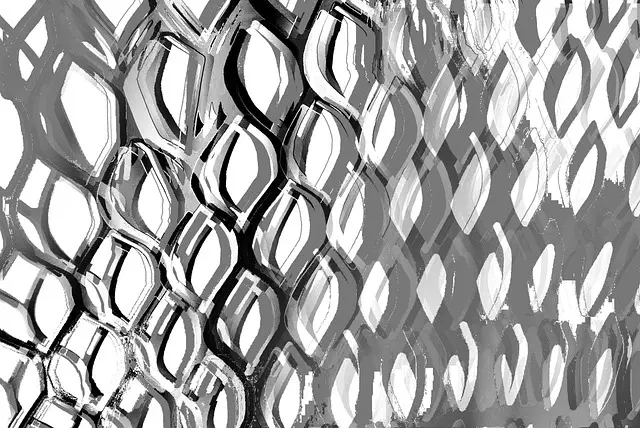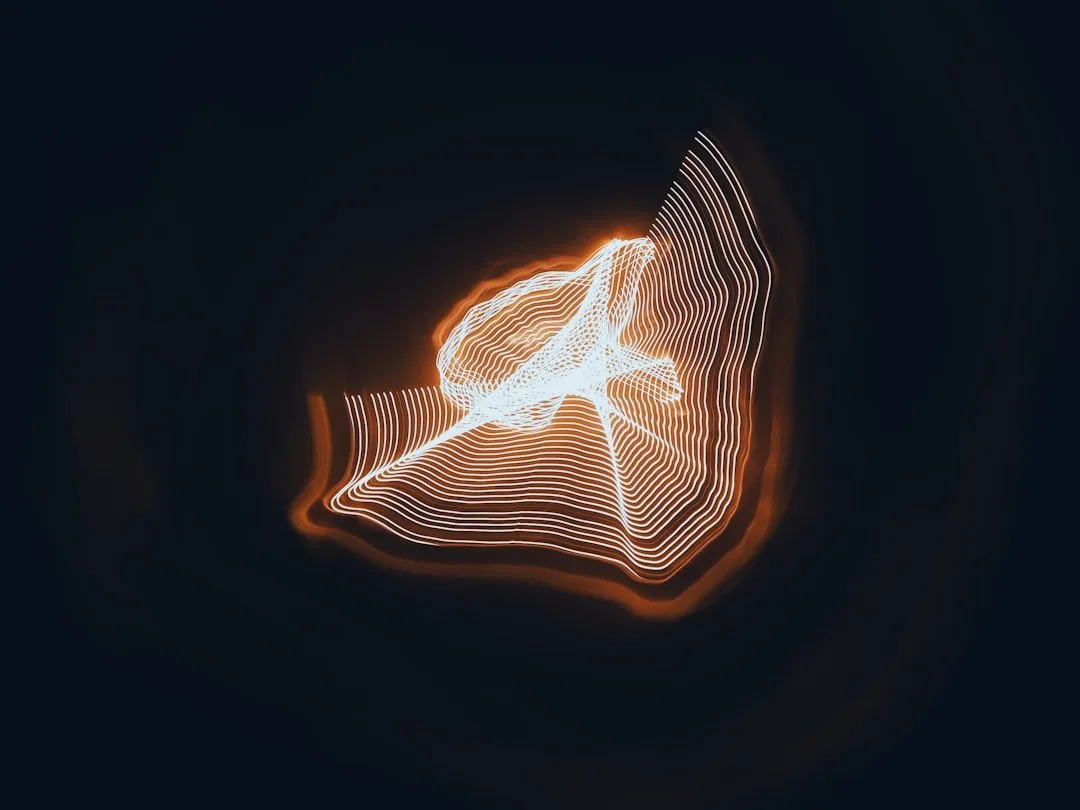Muscle soreness after exercise is caused by muscle fiber tears leading to inflammation. Kratom, often misunderstood as containing caffeine due to its energizing effects, actually interacts with opioid receptors to provide pain relief without jittery side effects. Unlike caffeine, kratom offers a subtle yet prolonged energy boost and alleviates muscle soreness naturally. As a caffeine-free alternative, kratom supplements are gaining popularity for post-workout recovery, backed by studies showing its anti-inflammatory and analgesic properties.
“Experience lasting muscle soreness relief with the help of kratom supplements. This all-natural herb has gained attention for its potential benefits in managing post-workout aches. While many wonder if kratom contains caffeine, this guide separates fact from fiction.
Our article delves into the science behind muscle soreness, explores kratom’s role as a natural remedy, and provides practical strategies to incorporate it into your routine. Discover how kratom can be a game-changer for alleviating discomfort and enhancing your recovery process.”
- Unraveling Muscle Soreness: Understanding the Causes and Kratom's Role
- Does Kratom Have Caffeine? Separating Fact from Fiction
- Natural Relief Strategies: Incorporating Kratom Supplements for Muscle Soreness Management
Unraveling Muscle Soreness: Understanding the Causes and Kratom's Role

Muscle soreness, that aching and stiffness after intense exercise or manual labor, is a common issue faced by many. Unraveling its causes is the first step in finding effective relief. Generally, it arises from microscopic tears in muscle fibers during physical activity. These micro-injuries trigger an inflammatory response, leading to the release of chemicals that cause pain sensors to become active. Other contributing factors include lactic acid buildup, dehydration, and fatigue.
Kratom, a natural herb with various medicinal properties, plays a unique role in managing muscle soreness. Often misunderstood as containing caffeine due to its stimulatory effects, kratom actually has a different mechanism of action. Its primary active compounds, mitragynine and 7-hydroxymitragynine, interact with opioid receptors in the body, offering analgesic (pain-relieving) benefits without the jittery side effects associated with traditional caffeine consumption. Additionally, kratom’s anti-inflammatory properties can help alleviate the discomfort caused by muscle soreness.
Does Kratom Have Caffeine? Separating Fact from Fiction

Many people new to kratom often wonder, “Does kratom have caffeine?” This question arises due to the plant’s stimulating effects, which can be reminiscent of a cup of coffee. However, it’s essential to understand that while kratom does contain compounds like mitragynine and 7-hydroxymitragynine, these are not the same as caffeine found in traditional stimulants. These kratom compounds interact with opioid receptors in your body, offering pain relief and other therapeutic benefits, but they do not stimulate the central nervous system in the same way caffeine does.
The misconception that kratom is a caffeinated herb likely stems from its energizing properties, especially at lower doses. But compared to caffeine, the stimulation from kratom is generally described as more subtle and long-lasting, making it a unique alternative for those seeking relief from muscle soreness and pain without the jittery side effects often associated with high-caffeine beverages.
Natural Relief Strategies: Incorporating Kratom Supplements for Muscle Soreness Management

Many people seek natural ways to alleviate muscle soreness, especially after intense workouts or physical activities. Besides rest and proper hydration, incorporating certain supplements can offer effective relief. One such supplement gaining attention for its potential benefits is kratom. Interestingly, kratom does not contain caffeine, contrary to a common misconception.
Kratom, derived from the leaves of the Mitragyna speciosa plant, has been used traditionally for its soothing and energizing effects. For muscle soreness, it can help reduce inflammation and provide a gentle analgesic effect. Studies suggest that specific compounds in kratom interact with opioid receptors in the body, offering pain relief without the intense side effects often associated with prescription medications. Thus, considering kratom supplements as part of your muscle soreness management routine could be a natural game-changer.
In conclusion, while Kratom has gained attention as a potential aid for muscle soreness relief, it’s crucial to understand its unique properties. Unlike popular belief, Kratom doesn’t contain caffeine in the traditional sense, offering a natural alternative to manage post-workout aches without the jitters. By combining these ancient supplements with proven natural strategies, individuals can effectively navigate their recovery journey and experience enhanced muscle comfort.














